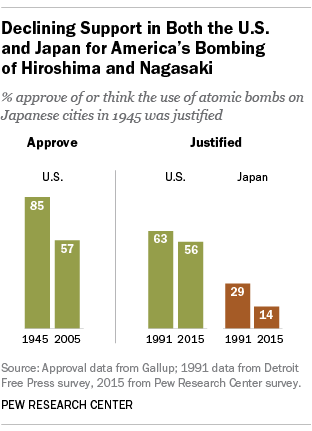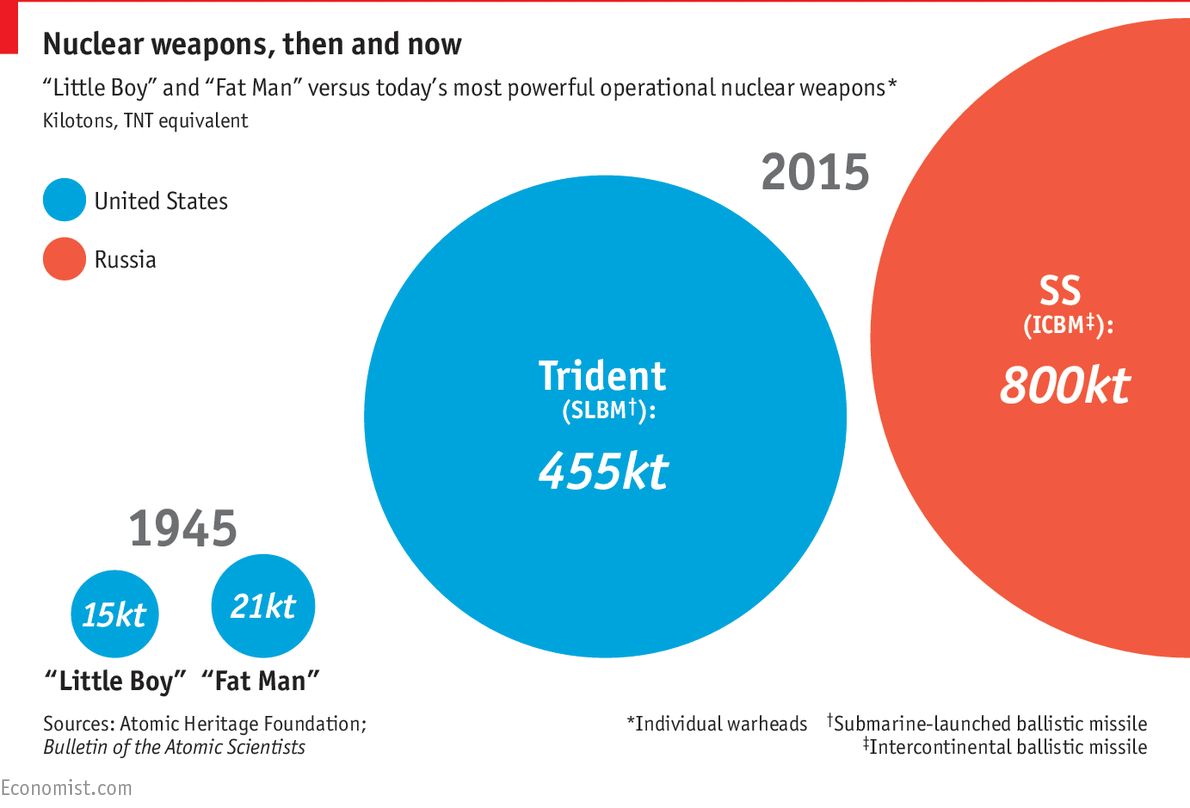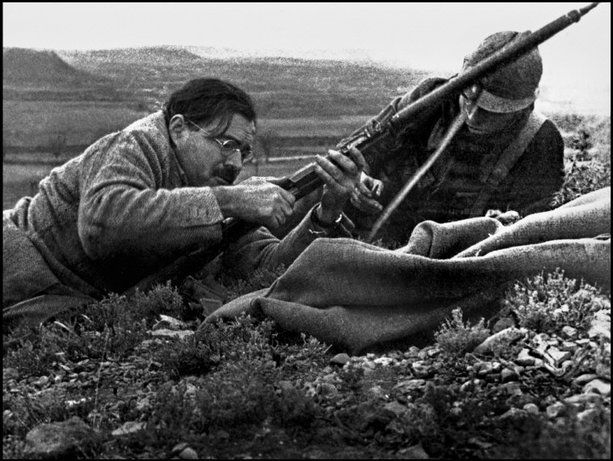75 years have gone by.
Some day, sooner than later, I hope we will end this nuclear madness.
The following is a slightly edited post from August 2017.
**************************************************
In response to one of my columns in The Register Guard, I received a letter from a then 96-year old woman--"a member of the WWII generation." She wrote in the letter, which was in response to my op-ed on homelessness in America:
You and no one living in the USA at this moment would be where he or she is if my generation had not made it possible. That includes the dropping of the bomb.This pacifist hates wars. Hates conflicts. The older I get, the less I am able to tolerate fights and destruction even in movies. Therefore, it is always jarring to me when people defend the destruction to civilian life and property from the bombs that were dropped in Hiroshima--on August 6th--and three days later on Nagasaki.
The interpretations of the historical happenings are conflicted. I am biased; I believe that the war could have, would have, been brought to an end without America flexing its nuclear muscles. My preferences for peace are why I find it discouraging that there is a majority in America that agrees with the letter writer regarding the bomb:
 |
| Source |
In his final year in the White House, Obama visited Hiroshima, ahead of the anniversary of the tragic event. In all these years since 1945, Obama was the first sitting president to visit the Hiroshima Peace Memorial. In a moving speech, Obama noted how the world changed since "death fell from the sky" on that cloudless August morning in Japan:
Those who died, they are like us. Ordinary people understand this, I think. They do not want more war. They would rather that the wonders of science be focused on improving life and not eliminating it. When the choices made by nations, when the choices made by leaders, reflect this simple wisdom, then the lesson of Hiroshima is done.
The world was forever changed here, but today the children of this city will go through their day in peace. What a precious thing that is. It is worth protecting, and then extending to every child. That is a future we can choose, a future in which Hiroshima and Nagasaki are known not as the dawn of atomic warfare but as the start of our own moral awakening.
These are dark times. But, one has to be hopeful; what other choice do we have. Here is to hoping that we will get on to the path of our own moral awakening after the 3rd of November.







